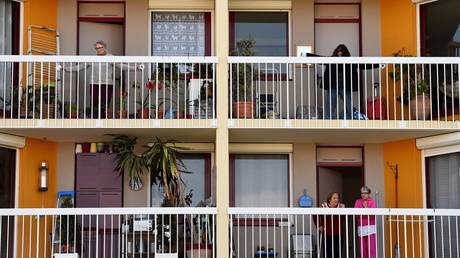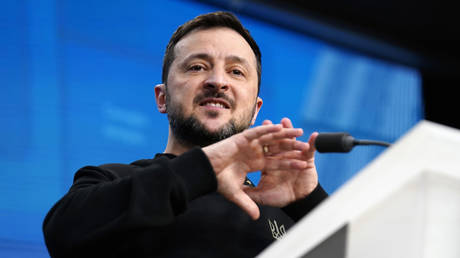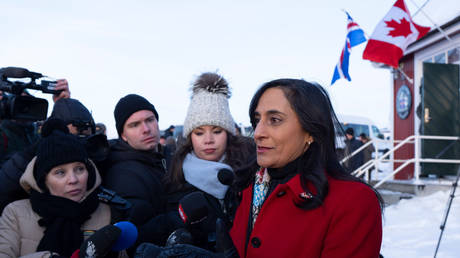
A new RT documentary looks at the every-day side of the Covid-19 lockdown, by gauging the experience of those whose main contribution to the fight against the disease is staying home while trying to stay sane.
As the whole world stands still facing the deadly and frightening pandemic, stay-at-home heroes tirelessly seek out new and inventive ways to keep themselves (and those of us in our own homes) entertained through these truly bizarre times.
“I was getting sick and tired of seeing all these tragic shots on TV,” says Marina Kosareva, the RT correspondent behind the project. Marina, who had just taken nine months off to have a baby, adds, “It would be a great way to come back from maternity leave with something more positive to balance the drama all around.”
In Russia, non-essential workers have been told to self-isolate and if possible work remotely, since March 30. Those who return from abroad have to observe a strict quarantine for 14 days. One of them is Marina’s brother Roman. Via Skype, she asks him how it feels when you can’t set foot outside your front door. “I’m going crazy. I’m walled in. My route in the last twelve days was bedroom, kitchen, the balcony and back and not necessarily in that order,” he wails.
Roman is not the only one driven mad by “house arrest.” Many have posted online videos of their creative attempts to reach out. Kosareva showcases some of the hits and misses, with a special mention going to the Chinese man who organized a chicken parade. Our homebound host gets to know a Parisian opera singer who serenades his neighbors with Italian arias from his balcony, and tries hanging out with total strangers at an online bar.
Marina finds herself holed up in her apartment with her husband, baby boy and mother-in-law. As a result, her captive audience unwittingly get roped into her film.
“What surprised me was how efficient we can all be without having to go to work,” she admits. Without travel time or the wait for footage to be translated, she manages to put together her documentary in record time.
In the absence of a professional cameraman, she discovered all “the different ways you can record yourself at home, the screen monitors that I’d never used before.” “It’s such a home-made project, and yet it looks like… a film,” says the correspondent, who confesses she didn’t expect the reactions she got to ‘Mass Isolation’.
For Marina Kosareva, one downside is that “when you work from home, you end up working more.” It’s difficult to switch off when work and home life merge.
You can watch the full documentary here:
Think your friends would be interested? Share this story!




